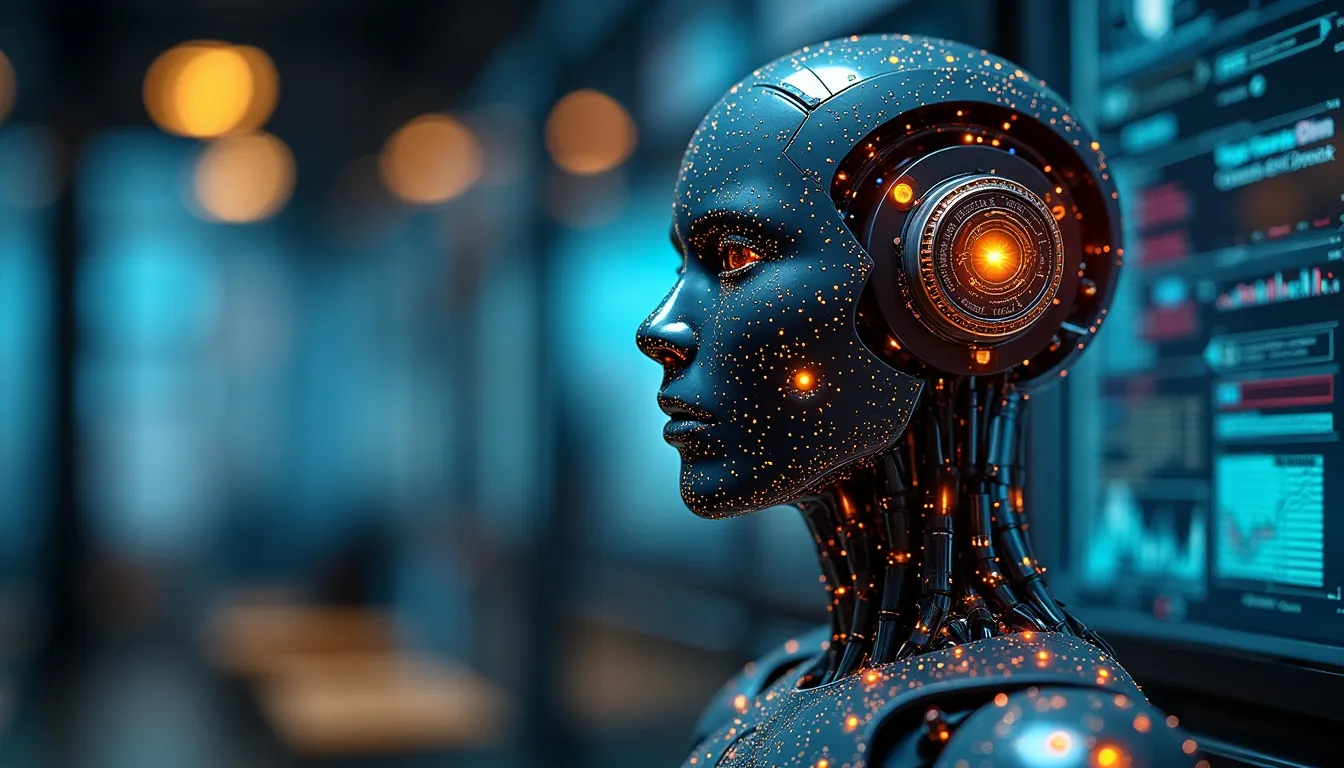CEOs Embracing AI for Business Transformation
Jim Fish, the CEO of WM, is capitalizing on AI to address labor challenges and improve the company’s recycling infrastructure. This approach is designed to reduce the labor burden and transform operational processes without resorting to job cuts, opting instead for natural attrition. Fish’s initiatives are setting a notable precedent in leveraging AI for significant business transformation.
Following suit, Docusign has introduced an AI-powered platform to manage vendor agreements. This innovation tracks contract renewals, compliance, and vendor performance, and has seen substantial early adoption. By integrating AI into their business operations, Docusign aims to bring about more efficient agreement management and operational transparency.
Integrating AI in Various Business Sectors
In the realm of energy efficiency, Trane Technologies stands out by utilizing AI to enhance the energy efficiency of commercial buildings. By analyzing both structured and unstructured data, the company optimizes building design to minimize energy waste, which could potentially save up to 30% in energy costs for commercial establishments.
Similarly, Thomson Reuters is integrating generative AI in daily operations under the direction of CEO Steve Hasker. The goal is to empower employees to use AI tools daily to improve products and services for their clientele, which includes legal, tax, and accounting professionals, as well as journalists. This widespread adoption of generative AI aims to elevate service quality and operational efficiency.
AI Skepticism and Recipe Generation Concerns
However, not all perspectives on AI are entirely optimistic. Jim Covello, head of stock research at Goldman Sachs, has voiced skepticism about the financial returns on AI investments. He highlights the current limitations and error rates associated with generative AI, especially its challenges in handling complex tasks, prompting a cautious approach toward AI-related stocks on Wall Street.
Additionally, Apple’s recent iOS 18 update incorporates AI features that generate recipes from available ingredients. Google and Samsung are also developing similar capabilities. Yet, this feature has faced criticism from food bloggers and chefs due to potential safety concerns and the lack of nuance AI exhibits in recipe creation, posing risks such as generating instructions that could inadvertently create harmful substances.
Impact on Careers and Secret AI Projects
The advent of AI-generated recipes is also seen as a threat to the careers of food bloggers and recipe developers. Critics argue that AI lacks the culinary finesse and cultural context that human recipe developers bring to the table. Moreover, there is concern over the lack of proper credit and compensation for content originally created by human developers.
On another front, a secretive AI project led by legendary Apple designer Jony Ive and OpenAI CEO Sam Altman has garnered attention. Expected to reach $1 billion in funding by the end of the year, this venture has attracted significant investor interest, including from Emerson Collective. While details are scarce, the project has already hired several key employees and is on the brink of achieving unicorn status.




